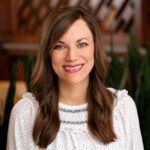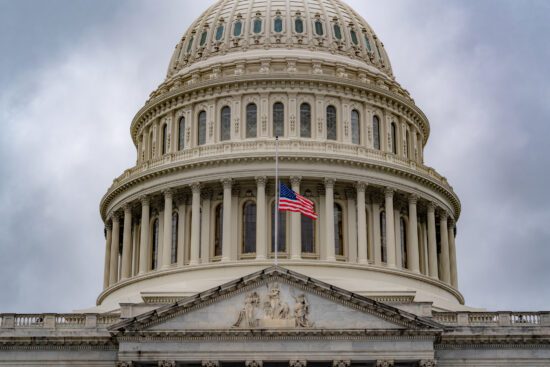Throughout October and November, SBC state conventions will be gathering for their annual meetings. However, many Southern Baptists might be unfamiliar with their state conventions or only have a limited knowledge of what they do. Seth Brown, the director of convention relations at the Baptist State Convention of North Carolina, answer questions below about these entities and shines a light on the value of cooperation throughout the SBC.
Lindsay Nicolet: What is the role of state conventions within the Southern Baptist Convention?
Seth Brown: The 41 state and regional conventions across the United States have a primary purpose, and that is to serve local congregations. We connect churches to the relationships, resources, and services they need. A key part of that effort is participation with our national family of churches and entities through our unified giving channel, the Cooperative Program.
LN: How does your state convention specifically carry out its mission?
SB: N.C. Baptists are a movement of churches on mission together. We are fueled by local churches and focused on local churches. Everything we do is geared toward serving congregations with an emphasis on helping them work together to make disciples of all nations.
We have staff deployed from the mountains to the coast to ensure churches are getting what they need when they need it. Other staff members serve in specialist roles to assist churches when they have specific needs. Our camps and conference centers provide beautiful spaces for rest and renewal. Plus, we have the privilege of training the next generation of faithful pastors, ministers, and missionaries through Fruitland Baptist Bible College.
LN: How can churches best utilize and partner with their state convention?
SB: We have around 2,800 churches actively engaged with us, but there are many churches that miss out on what their state convention offers. We find that some church leaders are simply not aware of all the resources and services available to them. The best first step for a church to receive more value from their state convention is to ask about all the cooperative ministries they operate and resources they provide. Our N.C. Baptist staff is eager to help churches find what they need to support their local ministries.
In addition, I highly encourage more people to get involved with their state convention. Attend the annual meeting. Sign up for events. Recommend someone or make yourself available to serve on boards and committees. Ask lots of questions.
LN: How do state conventions relate to the national entities (NAMB, IMB, ERLC, seminaries, etc.)?
SB: We consider the national entities of the Southern Baptist Convention to be close partners in ministry. Each of our organizations is self-governing (or autonomous), so we don’t answer to them, and they don’t answer to us. But our relationship is one of support, trust, and a common vision to help churches take the gospel to the nations.
N.C. Baptists deeply value our SBC partners and pray for those relationships to continue deepening through the years.
We couldn’t be more proud of the many N.C. Baptist missionaries serving with the International Mission Board. In 2023, we’re launching a new prayer emphasis called “Praying for the Nations” that will highlight missionaries from our state. N.C. Baptists recently launched a groundbreaking church planting partnership with the North American Mission Board called “SendNC.” We are grateful for our six mission-focused and doctrinally faithful seminaries across the nation, including our beloved Southeastern Baptist Theological Seminary in Wake Forest, North Carolina. And, last but not least, we stand for life alongside the Ethics & Religious Liberty Commission through a partnership with Psalm 139, an effort that has allowed us to help place ultrasound machines in strategic pregnancy centers.
Our partnerships run deep, and we believe that springs from the spirit of cooperation and unity embraced by our congregations.
LN: What are some particular opportunities and challenges unique to state conventions related to the SBC?
SB: Baptists at every level are facing opportunities and challenges that represent two sides of the same coin: unity and division. Our society has been marked by polarization and fracturing for some time now. Christians have a plethora of wonderful opportunities to display the kind of gospel unity that transcends social, ethnic, and political boundaries.
Like all generations, we have the opportunity to speak the gospel anew to a rapidly changing world. I pray that state conventions can do our part to equip and assist Baptists along the way.
LN: How can state conventions be effective in shaping the public square within their region?
SB: As statewide or regional networks of churches, conventions can help bring a great deal of unity around cultural issues and public policy. In addition, they normally have close relationships with local associations as well, so they are well-suited to understand cultural issues from the ground level all the way up to state capitols. Ideally state conventions are able to work alongside both churches and associations to engage the public square with uniquely Christian character and values.










